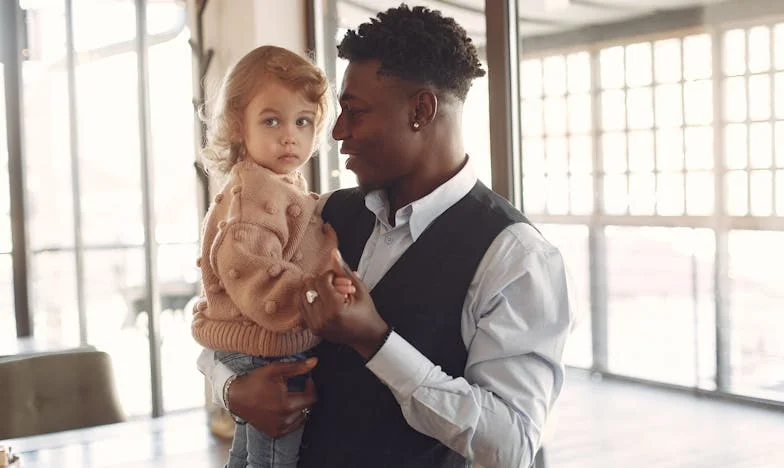Navigating Potty Training: 6 Phrases to Avoid for a Positive Experience
Potty training is a significant milestone in a child’s development, marking their journey towards independence. However, it can also be a period fraught with frustration and misunderstandings for both parents and children. The language we use during this time can significantly impact a child’s experience and success. Here are six phrases to avoid during potty training, illustrated with real-life examples, to help you navigate this period more smoothly.
1. “Why can’t you be like [Another Child]?”
Comparing your child to siblings or peers, such as saying, “Why can’t you be like Benjamin, who is already potty trained?”, can create feelings of inadequacy and pressure. Each child is unique, and their pace of learning varies. For instance, Ruby might feel discouraged upon hearing such comparisons, believing she is not meeting expectations, which can hinder her progress.
2. “You’re too old for this.”
Telling a child they are too old to be having accidents, as in, “Sebastian, you’re too old to still be wearing diapers,” can induce shame. It’s important to remember that potty training is not a race. Children like Sebastian may have developmental or emotional reasons for taking longer, and shaming them can affect their self-esteem and motivation.
3. “You made a mess again!”
Reacting negatively to accidents, such as exclaiming, “Amanda, you made a mess again!” can create anxiety around the potty training process. Accidents are a normal part of learning. Instead, encouraging words even in the face of setbacks can foster resilience. Amanda, for example, would benefit more from reassurance that it’s okay to have accidents and that she’s still learning.
4. “If you don’t use the potty, you can’t play with your toys.”
Using ultimatums or making potty training a condition for play, like telling Christina, “If you don’t use the potty, you can’t play with your toys,” can create a negative association with the process. It’s essential to keep the experience positive. Christina might feel pressured and anxious, leading to resistance rather than cooperation.
5. “I’m disappointed in you.”
Expressing disappointment, such as saying to Brian, “I’m disappointed in you for not using the potty,” can be damaging to a child’s self-worth. It’s crucial to separate the behavior from the child. Encouragement and understanding that Brian is trying his best will foster a more supportive environment for learning.
6. “You’re a big kid, stop acting like a baby.”
This phrase, directed at children like Ruby or Benjamin, undermines their feelings and can be confusing. It’s important to validate their emotions and reassure them that it’s okay to feel scared or unsure about the process. Encouragement and patience are key to helping them overcome their fears.
In conclusion, the language we use during potty training can significantly influence a child’s experience and success. By avoiding these six phrases and focusing on positive reinforcement, understanding, and patience, we can support our children through this important developmental milestone. Remember, every child, whether it’s Brian, Benjamin, Sebastian, Ruby, Christina, or Amanda, is unique and will reach this milestone in their own time.
